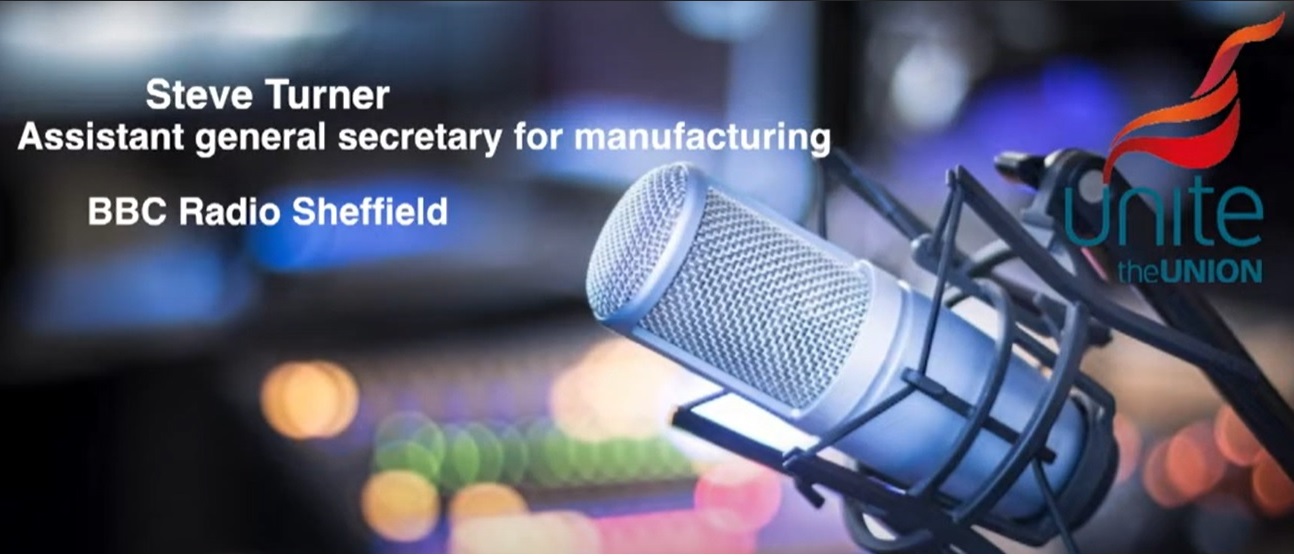â€Keep Clyde drumbeat going’
Last November, chancellor George Osborne announced in his spending review details of the defence budget – he pledged that the MoD would deliver £9.2bn in savings, much of which would come from both pay restraint and job cuts.
But he promised too, that there would still be plenty of “investment in new capability to protect the UK’s national security.”
“We will increase our 10-year Equipment Programme by £12bn and continue to meet the NATO 2 per cent GDP target for the rest of this decade,” said defence secretary Michael Fallon at the time.
“This means more ships, more planes, more troops ready to act, better equipment for Special Forces and more money for cyber.”
Despite these promises, delivery of the Type 26 Global Combat Ship, which is set to replace the Type 23 fleet, has been plagued by delays for years.
And now, in explosive testimony at a hearing in Parliament yesterday (June 7), it has been revealed that the Type 26 programme is at risk because the Ministry of Defence faces a huge hole in funding.
The delays in replacing the ageing Type 23 fleet caused by a shortfall in money will mean the Navy’s capacity to undertake its duties will be “grossly inadequate”, according to ex-Navy boss Lord West.
“The reality is that there is not enough money in the MoD this year or next,” he said. “We have run out of money and therefore they have pushed this programme to the right and that’s bloody dangerous.”
Lord West harshly criticised the government for not “coming clean” about the MoD’s funding woes, after the government blamed delays on technical problems such as design.
â€Out of money’
“To pretend that you’re going to order all of these, that they are really important, but that â€there are little problems over design and things’ is, I’m afraid, being economical with the actualitĂ©,” he said. “We’ve run out of money effectively.”
While the Type 26 fleet was originally set to be in operation by 2020, MPs heard yesterday that the programme now may not be up and running until 2025.
Unite convenor for BAE Systems in Scoutston, Duncan McPhee, warned MPs that protracted delays would have serious consequences for the workforce on the Clyde trained to manufacture the ships – if the delays continue, the vital skills developed to build the new war ships may no longer be there when they’re needed.
McPhee explained that the more than 2,000 shipbuilders currently working at the two BAE sites on the Clyde, Scoutson and Gowan, were deployed under a restructuring plan laid out specifically to prepare for the manufacture of the Type 26.
The BAE workforce made major sacrifices under the restructuring – the shipyard in Portsmouth was shut for good and 1775 jobs were lost in England and Scotland.
“There were some painful decisions made during the restructuring and the position of the workforce is they don’t see why they should have to suffer any longer – they’ve lived up to their end of the bargain,” McPhee said.
“We need to keep the manufacturing drumbeat going on the Clyde,” he added, warning that as the current workforce is being redeployed, with their skills being put to use elsewhere, young people are no longer being recruited.
Now, the 2,300 workers at the two sites on the Clyde are being employed building offshore patrol vessels instead of the war ships they’ve been trained to manufacture.
â€Massively cut’
“Training programmes have also been massively cut solely because of the decision to delay the Type 26 programme,” McPhee said.
He explained that in typical years, more than 100 apprentices are recruited, but last year, the company brought in only 20. He added that many of these apprentices started by being trained in one area – for example, in steelwork – but were switched to a completely different trade several months later.
“In all my years of shipbuilding, I’ve never known apprentices starting in one trade and then having to switch to another six months later,” he said.
“We don’t want to put off young people from joining the industry. We want to see that there’s a future in shipbuilding,” McPhee added.
The Unite convenor harshly criticised the government’s procurement process for defence projects saying their new “streamlined process” had so far, he believed, been a failure.
“It’s the worst I’ve ever seen,” he said.
“Let’s have some joined up thinking when it comes to producing naval ships in this country because every delay on any of these programmes has an enormous impact,” McPhee argued.
“These [government] budgetary decisions, not only in the short term but also in the long term, means disruption to the whole infrastructure of producing ships – the impact will be massive.”
 Like
Like Follow
Follow


